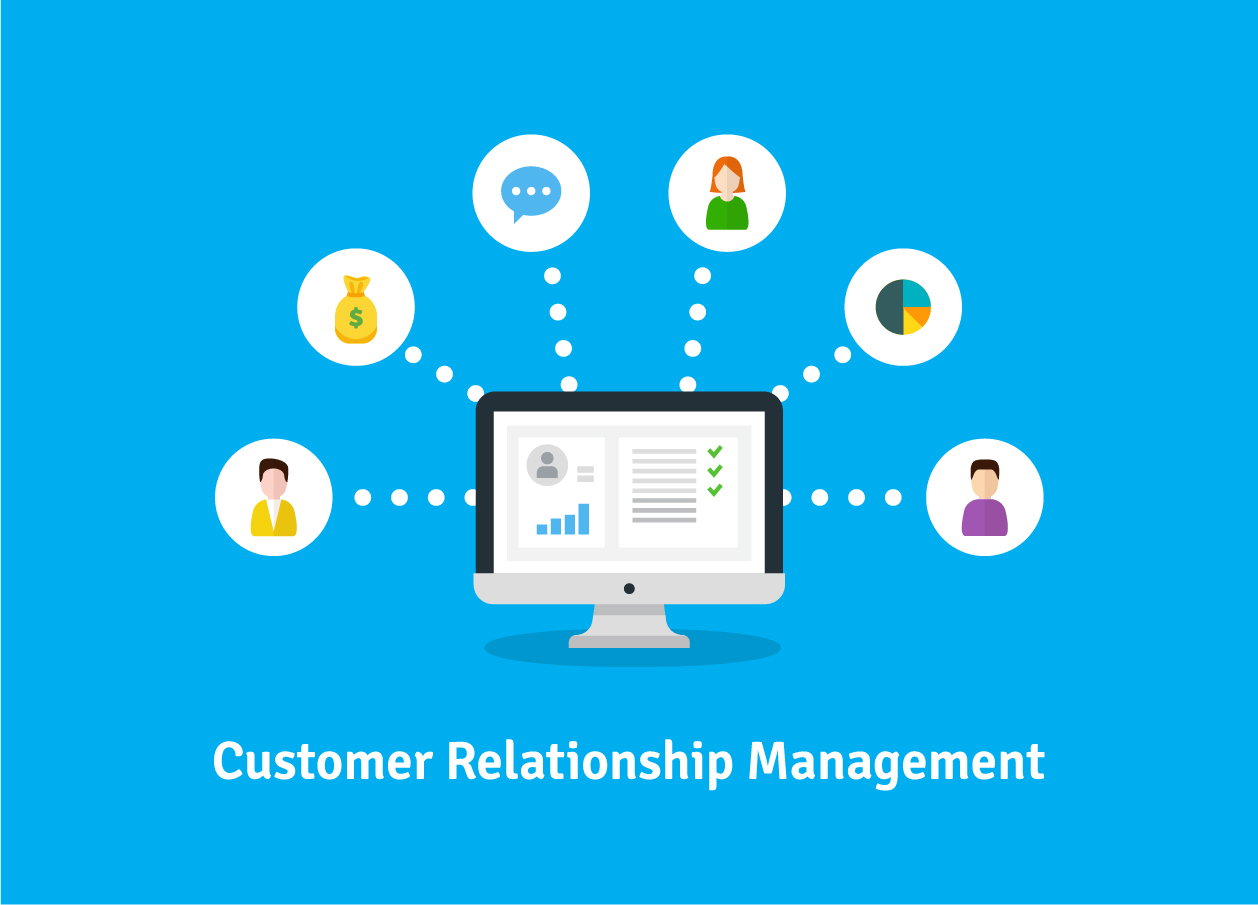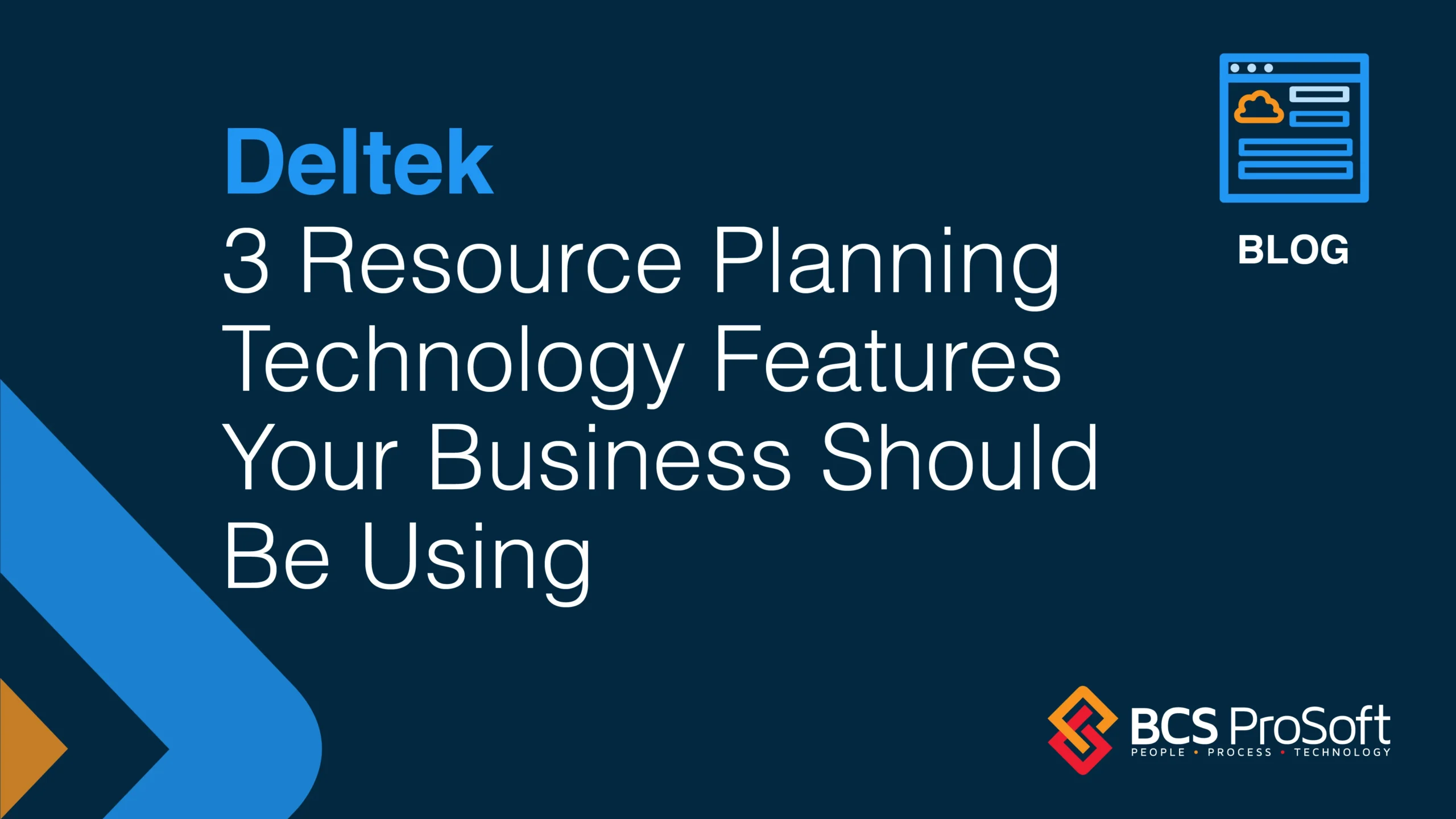The world of architecture and engineering is always changing. Technology is constantly shaping and reshaping our professions. But now, a new era is beginning in project management.
Enter Artificial Intelligence (AI) – a powerful tool that is taking the world by storm. And while the news and the hype surrounding AI may make it seem intimidating to some, the truth is that AI could be a beacon of hope for those yearning for a more efficient, error-free, and strategic approach to managing architectural and engineering projects.
In this guide, we will delve deep into AI in project management. We’ll explore how project management and specifically project management tools will be affected by the rise of AI. So, whether you’re feeling overwhelmed with your current project management tools or simply curious about what the future holds, this blog is your ticket to understanding and embracing the AI revolution in our field.
A History of Project Management Before AI & Automation
Project management has always been important in architecture and engineering. But over time, it has evolved significantly. The biggest change came with the digital revolution in the late 20th century. Computers and specialized software brought incredible efficiency and precision to project management. Tasks that were once calculated and tracked by hand could now be easily managed with just a few clicks using tools like Microsoft Project.
But the digital era did more than automate tasks. It created a wealth of data and established processes that are crucial for the application of AI in project management. AI algorithms need large amounts of data and well-defined processes, both of which were developed during the digital revolution.
Now, as we embrace AI in project management, it’s important to recognize this digital foundation. The advancements in computing and the available features of project management software not only improved traditional project management practices but also paved the way for the integration of AI. This integration promises even greater efficiency, accuracy, and strategic insights.
10 Ways AI Will Change the Project Management Landscape

As project managers, we can look forward to a number of ways that the integration of AI into our project management processes will change the landscape. Here are 10 ways it will revolutionize the way we work:
1. Streamlined Project Planning and Reporting
AI revolutionizes the way projects are planned and reported. By analyzing vast amounts of project data, AI can identify trends and predict outcomes, allowing for more accurate planning. Automated reporting tools provide real-time updates, keeping everyone in the loop and enabling quick adjustments. For example, A can forecast project timelines and budgets more accurately, reducing the risk of delays or budget overruns.
2. Focus on Strategy and Leadership
With AI handling routine tasks, project managers can shift their focus to strategy and leadership. This change allows for a more visionary approach, fostering innovation and guiding teams more effectively through complex projects. Project management automation also frees up CEOs, CFOs, and other C-suite executives to focus on the bigger picture.
3. Embedded Virtual Personal Assistants
The introduction of AI-powered virtual assistants, like Hey Deltek, is a game-changer. These assistants are now being embedded into project management software and can manage schedules, set reminders, and even provide data-driven advice, effectively augmenting the project manager’s capabilities. As a project manager, having access to this kind of intelligence can give you the edge in a competitive landscape and help you make smart, informed decisions.
4. Enhanced Operations for PMO
AI significantly improves the operations within a Project Management Office (PMO). “PMO” refers to the office in charge of creating, monitoring, and maintaining consistency and quality across all projects. AI-driven tools can help with budgeting, scheduling, resource allocation, and more. By automating tedious tasks like tracking progress on a project, AI can greatly improve the accuracy and efficiency of PMOs.
5. Reduction in Human Error
You’ve probably experienced just how much human error can derail a project. One of the great things about AI is that its precision and consistency reduce the likelihood of human error, which can be costly in large projects. By automating complex calculations and data analysis, AI ensures a higher degree of accuracy in every project phase. For instance, AI can automatically check for any discrepancies in data or detect potential issues before they arise, resulting in fewer delays and project setbacks.
6. Accurate Project Cost Estimation
Estimating project costs is crucial but it can be tricky. AI can analyze historical data and current trends to provide more accurate cost predictions, helping project managers make informed budgeting decisions. AI can also be used to detect cost overruns and suggest ways of reducing costs.

7. Task Automation
There’s nothing more mundane for project managers as managing tasks. AI can automate routine tasks, allowing you to focus on more important project-related matters. From tracking the status of deliverables to scheduling meetings and generating reports, AI can do it all with minimal effort from you.
8. Faster Project Lifecycle
As project managers, we know the old adage “time is money” rings true. AI’s ability to quickly process and analyze data speeds up the project lifecycle. From initiation to completion, AI-driven tools can streamline processes, reduce bottlenecks, and help deliver projects faster. Sounds like a win-win to me.
9. Predictive Analytics for Risk Management
AI can predict potential risks by analyzing project data against historical trends. This foresight allows project managers to mitigate risks proactively, ensuring smoother project execution. Machine learning can make the process even more efficient by automatically adjusting over time, resulting in better predictions.
10. Customized Training and Development
AI can tailor training programs for project teams based on project requirements and individual skill gaps. You can use AI to personalize training to fit the specific needs of your team, resulting in improved project performance and completion times. AI can even provide real-time feedback on team performance, helping you stay on top of progress and identify potential risks faster.
How to Prepare for AI in Project Management

AI project management can feel overwhelming, but with the right preparation and training, it doesn’t have to be. The important thing to remember is the key to success in this new era lies in embracing these changes and learning to use AI tools to your advantage. Remember, project managers are not becoming obsolete; instead, their roles are being redefined to harness the power of these new technologies. Let’s look at how you can prepare:
Redefining the Project Team: A Synergy of Humans and AI
The concept of cross-functional project teams is poised to transform. We are transitioning from teams composed solely of individuals to dynamic groups that include both humans and AI-driven tools. This shift necessitates a new understanding of teamwork, where collaboration extends to working effectively with AI systems. This collaboration could look like a combination of humans providing creative input and overseeing the project’s progress, while AI systems offer data-driven insights.
Cultivating Essential Skills for the Future
With AI handling more administrative and routine tasks, the project manager of the future needs to focus on developing a robust set of soft skills. Leadership capabilities, strategic thinking, and business acumen will become more critical than ever. As AI takes over the technical aspects, project managers must hone their ability to lead with empathy, inspire teams, and drive projects that align with strategic organizational goals.
Educational Shift: Integrating AI into Project Management Learning
Recognizing the importance of AI in the future of project management, educational institutions, and organizations are already incorporating AI into their project management education and certification programs. For instance, Northeastern University is at the forefront of this shift, embedding AI into its curriculum. This initiative focuses on teaching project managers how to use AI for automating and improving data sets and optimizing the investment value of projects.
Staying Ahead: Continuous Learning and Adaptation
To thrive in this new environment, project managers must commit to continuous learning and adaptation. Understanding AI and its applications in project management will be essential. This doesn’t mean becoming technical experts but rather developing a keen sense of how AI can be leveraged for better decision-making, risk management, and project optimization.
How One Project Management Software Uses AI to Streamline and Optimize

Source: Deltek Vantagepoint.
Deltek Vantagepoint, a cloud-based project management software, is reshaping the landscape of Enterprise Resource Planning (ERP) systems by integrating the power of AI with the richness of business data and industry-specific processes. Not sure if cloud computing is right for you? Read our blog on the difference between on-premise and cloud software.
This integration is not just about data processing; it’s about delivering intelligent predictions and unmatched automation capabilities, propelling businesses into a future-ready state. Let’s take a look at how:
Generative AI: Transforming Accessibility and Efficiency
Deltek’s incorporation of Generative AI tools is revolutionizing ERP systems. These tools enhance the accessibility of AI, enabling organizations to benefit from seamless data organization, real-time reporting, predictive analysis, and automated process execution. Unlike conventional systems, Deltek’s ERP transcends the limitations of reactive data presentation, ushering in an era of proactive, strategic decision-making.
Key Features of Deltek’s AI-Powered ERP System
- Embedded AI for Critical Decision Making: Deltek uses complex algorithms to assist in crucial decision-making processes, ensuring that businesses make informed, data-driven choices. For project managers, this means improved visibility into project management, allowing them to complete tasks quickly and efficiently.
- Machine Learning for Predictive Outcomes: With industry-specific machine learning models, Deltek helps predict outcomes, enabling businesses to take preemptive actions and optimize their operations. In the architecture and engineering industries, for example, Deltek’s AI-powered ERP system can help anticipate upcoming projects and staff needs.
- Generative AI for Value Creation: Foundational AI models are used to create content that adds value and enhances operational efficiency, demonstrating Deltek’s commitment to purposeful innovation. You can use generative AI to uncover previously unrecognized patterns in your project data, allowing you to better anticipate issues before they arise.
- Hey Deltek: Personal AI Assistant: The introduction of ‘Hey Deltek,’ an interactive NLP feature, redefines user interaction within Vantagepoint. Users can effortlessly create contacts, set reminders, and access project records, making work processes more efficient and intelligent.
Deltek’s integration of AI into its ERP system represents a forward-thinking approach, essential for businesses aiming to stay ahead in a rapidly evolving market. If you are looking to stay relevant and competitive, leverage Deltek’s powerful AI technology to unlock smarter business decisions.
Final Thoughts

AI in project management is not just a trend; it’s a paradigm shift, a strategic inflection point that offers a unique opportunity to redefine our roles and impact.
We’ve explored how AI can streamline project planning, reduce errors, and enhance decision-making. We’ve seen how tools like Hey Deltek can become extensions of our strategic thinking, enabling us to focus on what we do best – leading, innovating, and achieving. In this new era, our role as project managers will evolve. We’ll become orchestrators of technology and human talent, leveraging AI to build more efficient, effective, and successful teams.
As we step into this new era, it’s crucial for us to embrace these changes. The call is not just to adapt but to lead. To drive the integration of AI in our practices, to champion the adoption of new technologies, and to showcase the immense value that strategic and efficient project management can bring to any endeavor. The future is here, and it’s ours to lead. Let’s embrace it with the confidence, strategic acumen, and the drive for excellence.
Looking for the best project management software? Check out our list of the top 10 project management tools.
Frequently Asked Questions
How is AI being used in project management?
AI in project management is being leveraged to transform traditional project workflows and methodologies. By analyzing historical project data, AI systems can predict outcomes and streamline resource allocation, enhancing the efficiency of managing specific project management needs. This includes everything from automating routine tasks to providing insights for better decision-making, thus playing a pivotal role in changing project management for the better.
What are the skills of an AI project manager?
An AI project manager must possess a unique blend of traditional project management skills and a deep understanding of AI systems. This includes expertise in project management methodologies, a keen insight into leveraging historical project data for successful projects, and the ability to effectively communicate AI-driven insights to team members. Additionally, skills in adapting to changing project management landscapes and integrating AI into existing project workflows are crucial.
What are the steps in AI project management?
AI project management involves several key steps:
Initial Assessment: Understanding the specific project management needs and how AI can address them.
Data Integration: Incorporating historical project data into the AI system for analysis.
AI Strategy Implementation: Deploying AI tools to automate tasks, analyze project progress, and optimize resource allocation.
Monitoring and Adjusting: Continuously monitoring the AI’s performance and making adjustments to ensure the project’s success.
Feedback and Learning: Using AI insights from past projects to improve future project planning and execution.
Can project management be done by AI?
While AI significantly enhances project management capabilities, it is not yet at a stage where it can fully replace human project managers. AI excels in handling data-driven tasks, automating certain aspects of project workflows, and providing valuable insights based on historical project data. However, the human aspect of project management – such as leadership, strategic decision-making, and interpersonal skills – remains crucial to the success of projects.
Will project management be replaced by AI?
It is unlikely that AI will completely replace project management. Instead, AI is transforming the field, making it more efficient and data-driven. AI assists project managers in making informed decisions, managing resource allocation, and tracking project progress, but the human element of strategic oversight, team management, and adaptability to changing project management scenarios is something AI cannot replicate. The future of project management lies in the synergy between AI capabilities and human expertise.
If you’re unsure about AI, or project management tools in general, check out our blog where we break down 16 amazing benefits of project management software.






